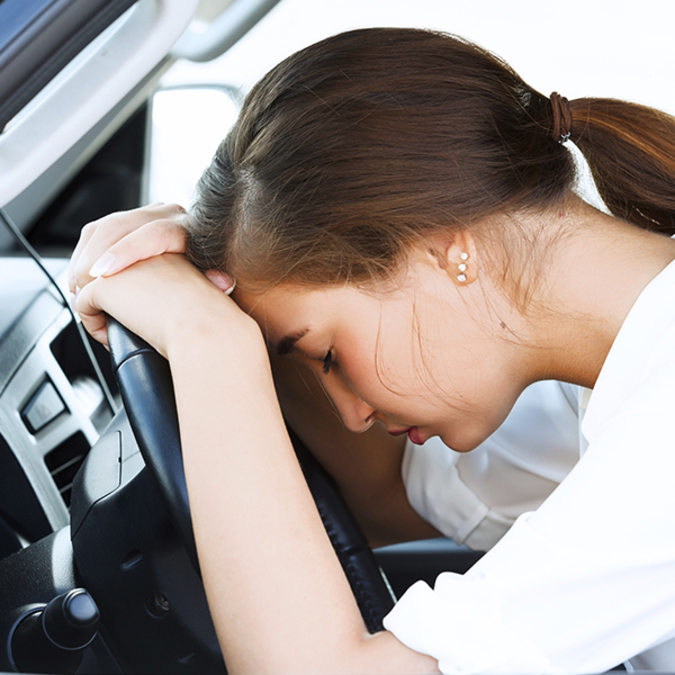You’ve guided your children through walking, talking and their first day of school. Now you are handing them the keys to your car and possibly your financial livelihood.
Some parents don’t know that under Nevada law, a parent or guardian has unlimited liability for negligence for willful or intentional misconduct if your teen is in a wreck. And if you have purchased car insurance for your teenager, you know they are considered an “at risk” driver. The Center for Disease Control and Prevention states that in 2013, more than 2,100 teens in the United States ages 16–19 were killed, and more than 243,000 were treated in emergency departments for injuries suffered in motor vehicle crashes.
Furthermore, the CDC says young people ages 15-24 represent only 14 percent of the U.S. population, but they account for 30 percent of the total costs of motor vehicle injuries among males and 28 percent of the total costs of motor vehicle injuries among females.
You want to make sure your teen is driving safely and you want to protect your finances. Here are some of the ways you can be held responsible if your teen is involved in a wreck.

Your teen violated one of the restrictions and had a wreck
As a parent it is your responsibility to make sure your teenager abides by these restrictions. Even if the teen is not at fault, the other driver can sue and claim the teen violated restrictions and should not have been behind the wheel.
Under Nevada law, a teenager who is 15 1/2 years old can get a restricted driving permit, also known as a learner’s license. This license requires the teen driver to have a person at least 21 years or older with at least one year of driving experience in the passenger seat at all times.
A teenager can get his or her license at age 16 if they have had their learner’s permit for more than six months. They must have had no at-fault accidents, moving violations or alcohol or drug arrests.
Other obligations include obeying the curfew. According to the state curfew, they must not drive between the hours of 10 p.m. and 5 a.m. unless it is to a school event or work. Some cities and counties have local curfews that must also be obeyed. Teen drivers are also not allowed to have a passenger except for family members for the first six months after they obtained their driver’s license.
Your teen is in an at-fault wreck
A parent or guardian is required to sign a financial responsibility statement for the teen driver. As we mentioned earlier, that statement exposes you to unlimited liability if your teen is in an at fault wreck. You don’t have to be a parent or legal guardian to assume this responsibility. Nevada law allows an employer or anyone willing to assume the responsibility to sign for the teen’s license. Even if you are not the teenager’s parent, you could be held responsible if you signed for the teen’s license. You cannot be held responsible if you are a noncustodial parent and did not sign the financial responsibility statement.
Protecting your assets and your teen
Here are some ways to reduce your teen’s driving risk.
1. Enroll the teenager in a driver’s education class. Many high schools and local colleges offer these classes. Completion of the class may even get you a break on your car insurance.
2. Make sure your teen is limiting distractions. Distracted driving is one the leading causes of car crashes for all ages. Nevada law prohibits the use of cell phones to text or use the Internet.
3. The legal drinking age is 21 but that doesn’t mean that teenagers won’t find a way to drink. Emphasize the dangers of driving under the influence with your teen.
You can learn more about your responsibility as a parent if your teen is in a car crash by visiting Ed Bernstein & Associates. You will also find a sample driving test and teen driving news there.

